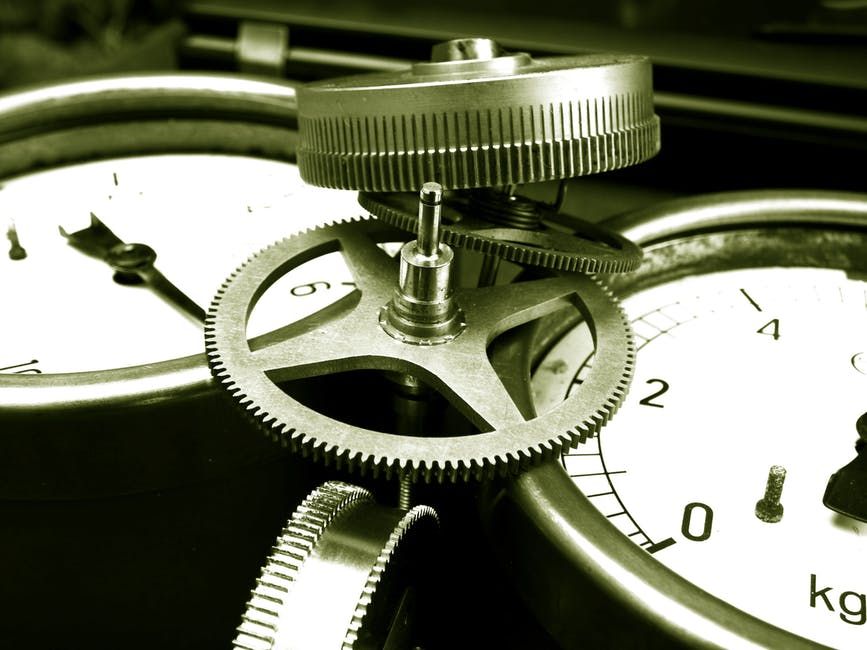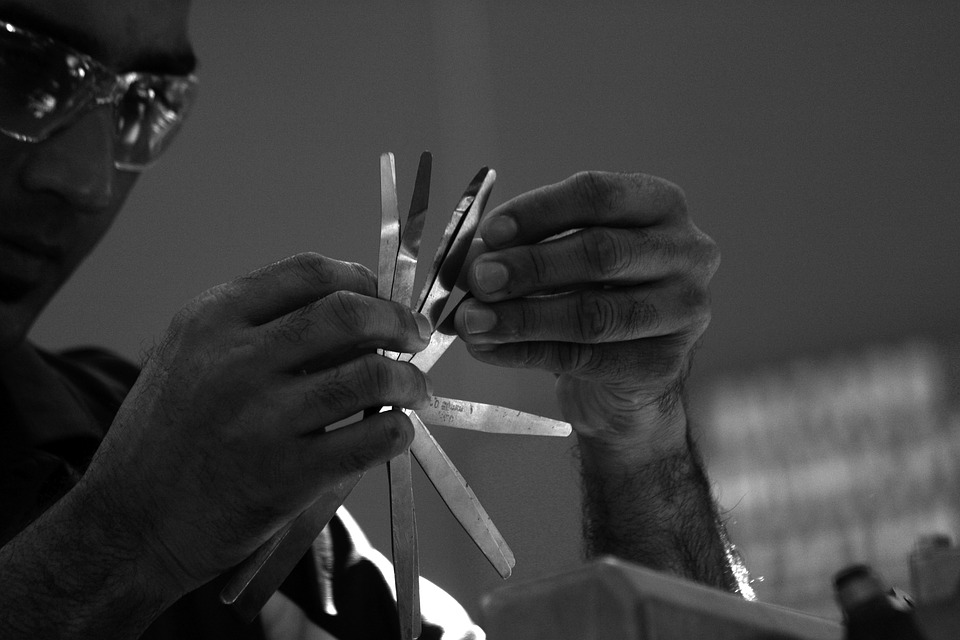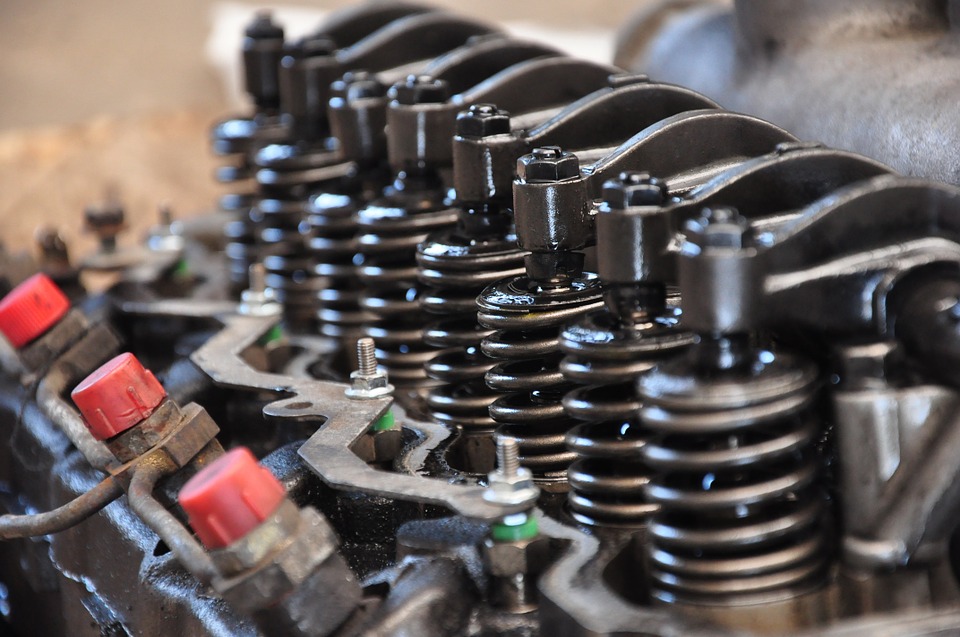Mechanical Engineering - As a career option

Mechanical Engineers deal with anything that can be classified as a mechanical system or a machine. Remember the part from 3 Idiots where Rancho defines a ‘machine’ as anything that makes work easier for human beings? He’s right! Think then, how vast the scope of the discipline is likely to be.
It doesn’t matter where you work – be it a library or an aircraft factory – it is imperative that mechanical engineers had ample to do with every aspect of your work. Because of the diverse and open nature of their discipline, mechanical engineers tend to be the most employable of all kinds of engineers, giving mechanical engineering the title of being the ‘evergreen’ branch of engineering.
How to become a Mechanical Engineer?
The first step towards becoming a mechanical engineer is to take one or more of the EEEs or Engineering Entrance Exams that happen all around India, usually in the first half of every year.
The exams vary widely in terms of complexity and selectivity, but there are also a large number of colleges to choose from. Hence, the biggest question most aspiring mechanical engineers face is which college(s) to aim for.
Those who aim very high – to the Indian Institutes of Technology (IITs) – often have to put in a lot of hard work and toil in addition to having talent in order to get selected.
However, if you don’t get into one, all isn’t lost: with a little effort, you will be welcomed into several decent mechanical engineering programs across the nation!
Unlike conventional courses, a mechanical engineer’s undergraduate degree takes four years. Once you have it, you can immediately apply for a job! However, many graduates prefer to get an M.Tech in Mechanical Engineering before they get into the industry: specializations lead to the exciting and lucrative jobs.
Some venture into academia instead and get a PhD. Unknown to most, mechanical engineering is one of the most widely funded areas of research in the world.
Eligibility Criteria to become a Mechanical Engineer
- +2: Need to be in the Science discipline and graduate with over 60% marks
- Bachelor’s Degree: Bachelor of Technology (BTech) in Mechanical Engineering
- Master’s Degree: Master of Technology (M.Tech) in Mechanical Engineering (optional)
What does it take to be a Mechanical Engineer?
Mechanical engineering is a discipline that bases itself virtually exclusively on technicalities, so the first thing you should be looking at is a penchant for technical thinking, phrasing, and problem-solving. Other than that, it’s sort of an adage in the engineering world that 3% of engineering is channelized knowledge, and the other 97% is just common sense.
To get into a little more depth, what it takes for you to get into a specific branch of mechanical engineering depends on the elusiveness and complexity of the branch. While a bachelor’s degree is enough to get a starting job in most manufacturing companies, jobs that require thorough specialities often require you to study further.
A Day in the Life of a Mechanical Engineer
Hello there! I’m Ajay, pleased to meet! So, I hear you are considering mechanical engineering as a career? Follow me for a sneak peek into what you’ll be getting into!
I got my degree five years ago, and have since been working at various companies across the country. As you may already know, mechanical engineers come in all shapes and sizes, so most of us end up being great at one aspect of it. Myself, I am an expert at design. I’ll tell you all about my work during the day, but first, let’s get to work, or I’ll be late!
8:45 AM: I’ve reached my workplace. I have to alternate between working at the computer and at the manufacturing unit about once every six months, and this is the part where I am just about to move to the unit! Exciting. Hectic. The first thing I do is start up the system – because the work that my team and I do involves solving some real advanced math, we work on a series of very powerful computers! It’ll take a little time to be ready – let’s use this time to talk about what I’m up to.

I design pumps. Specifically, I design large and extensive sequences of pumps (or pumping systems) that have extensive industrial applications. The company I work for sells specially designed pumps to utilities around the world, and I am one of the few people who do the job of designing equipment that fits the requirements of our clients.
Designing a large system of pumps that will reliably work almost continuously for the next 30 years at a specified power using a limited amount of money is no easy task. Those of you who are math geeks would be buzzed to know that these designs require solving The Navier Stokes’ Equations - one of the most complex pairs of differential equations known to humans! Cool, eh?
I’m the most experienced of everyone else here, so I’m the team leader!
10:00 AM: My team has arrived, and are preparing for a meeting due in the afternoon. The fabrication of a certain pump prototype that we have just finalized starts tomorrow, so we’re in the process of testing the already extensively tested design one last time to be absolutely certain. At this stage, we do ‘case studies’ or ‘what-if’ scenarios to ensure that the pump’s operation isn’t hindered under any foreseeable circumstance.

1:00 PM: Various members of my team, including a safety engineer, a project engineer, a quality manager, and a rheologist provide concise presentations on the completeness of our design considerations. I’m responsible for the final product at the end of the day, so I practically hound them until I’m sure that the job is done. I hope they don’t hate me for it, but safety is important! On a better note, it’s a special kind of satisfaction to be this confident that a machine will work even before it is built.
3:00 PM: I am at the unit where individual modules of our pump are to be designed. This will be my workplace for the rest of the year, so I introduce myself to the staff and find myself a workstation. Meeting underway – have to brief the system engineers what lies ahead of them (system engineers are also mechanical engineers; they build what we design).
Because the pump is very big, we decide that won’t build it all here – it’s much cheaper to build small parts of it at the unit and consolidate them on site (i.e. where it is to be used).
5:00 PM: After the meeting, I stay back with the unit manager to discuss the division of tasks and the timeline.
7:00 PM: All set for a great kick-off tomorrow! Even after over 8 big projects, the excitement of seeing your design being brought into life is out of the world. So, how’d you like my life as a mechanical engineer? I hope you join us!

Did you enjoy reading this article? Does it prove to be a fruitful one for you? Do you want to say something? Comment below!
Login to continue reading
And access exclusive content, personalized recommendations, and career-boosting opportunities.















Comments
Add comment